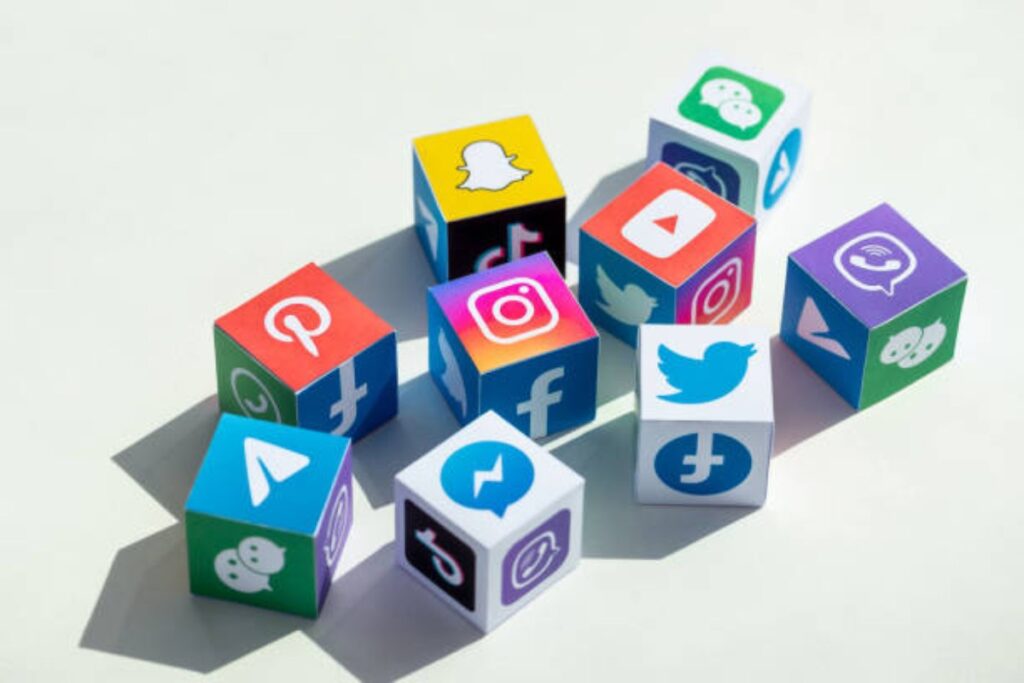In this age of social media, it definitely makes sense to promote your event on various social media networks to reach your target attendees. From Facebook to Linkedin to Twitter and Instagram also online video editor, you can leverage each of these social networks to engage your specific target audience.
However, promoting your content on social media can be easier said than done. Getting the word out about your event will not automatically attract the right audience. You’ll still need the right tactics and strategies to effectively engage your ideal audience and encourage them to buy your tickets.
With that being said, here we will discuss how to promote an event on social media effectively in these actionable tips.
Table of Contents
1. Choose The Right Social Media Networks
Your time and resources are most likely limited, so it’s important to choose the right social media channels.
In general, you should choose the social media channels your target audience frequented. Certain networks might also produce different performances when marketing different kinds of events, so spend some time researching each social media channel before planning your marketing efforts.
2. Create and Optimize Your Hashtag
Creating an optimized event hashtag can provide an effective way for you and your attendees to find all social media content related to your event across various social media channels.
It’s important to choose a hashtag that is unique enough so that your event doesn’t get buried amidst all the social media noises, but at the same time, you’ll need to make sure it’s familiar enough for your target audience to find.
Keep your hashtag short and easy to spell. The shorter, the better, but again consider uniqueness.
Use your hashtag on all your social media content including your promotional materials. Also, consider including it on other marketing materials, even printed ones.
3. Track Ad Performances With Conversion Pixels
It’s no secret that social media marketing is now a pay-to-play game: most likely you’ll need to invest in paid options like Facebook Ad, Linkedin InMail, and other options.
When investing in these paid channels, it’s important to understand the principle that although they can indeed guarantee short-term results, you’ll need to make sure to control the budget well, or else you’ll risk hurting the profitability of your event.
It’s important to track how many people have converted to purchase your event ticket based on the amount of money you’ve spent on these social media ads.
Event management platforms like Eventtia will allow you to add conversion pixels to help you measure the performances and ROI of your social media ads.
4. Create a Sense of Urgency With Countdowns
For example, you can use the countdown sticker on Instagram Stories, including stream countdown on your live stream, and other methods to create a sense of urgency.
Your target attendees can then, for example, subscribe to the countdown so they will receive a notification when the announcement/stream starts.
This can be effective when you are running social media contests (more on this later) or selling early bird tickets.
5. Host Social Media Contests
Giveaways and contests can help amplify the awareness for your event, and can also be effective in converting your followers to actual attendees. Don’t forget to include your event hashtag when running these contests, for example, ask people to use the hashtag to enter the contest.
The beauty of social media contests is that you can ask participants to share the contest post from your account, which will naturally amplify the reach of the campaign.
Running social media contests can often be the most cost-effective promotional campaign you can try on social media. Also, if your event already secures some sponsors, you can consider asking them for giveaway items while mentioning their brand in the giveaway posts.
6. Optimize Your Social Media Profiles
This one might seem like a very obvious tip but is often overlooked by many.
Before you start promoting your event on social media, it’s important to ensure all your social media profiles are properly optimized.
Use professionally-made headers to reflect your event’s core messages, and update your profile descriptions. Also, well-taken photos are very important in making sure your profiles are presentable and attractive.
The first impression is always important, and here are some tips on how to optimize your social media profiles so they are ready to help you promote your event:
- Optimize your about us/bio section. Make sure it’s attractive but also informative. Optimize this section for the right keywords so your potential attendees can have an easier time finding your pages.
- Be consistent in using your event logo and hashtag in your profiles while considering the different platforms’ requirements.
- Interlink your social media profiles to amplify your reach, for example including your Instagram handle in your Twitter profile.
- As a general rule of thumb, the most important information should be presented at the top of the page. For example, you can pin important event-related posts on Twitter so it always stays on top of the page.
End Words: Measure Your Social Media Promotions
At the end of your event, it’s important to measure your social media campaign’s performance so you can find out what worked and what didn’t for future events. You should monitor:
- Ticket sales/conversion: again, you can insert conversion pixels in your event management software to track conversions
- Engagement rate: what kind of social media posts got the most shares and comments throughout the campaign
- CTR: what percentage of visitors are clicking on the link to buy a ticket or visit your event page
- ROI: measure the ROI of your investments objectively.
While social media is certainly not the only channel available to promote your event, it’s where our target audience is nowadays. By using the right strategy, you can effectively reach out to your ideal audience and get more attendees to your event from social media.

